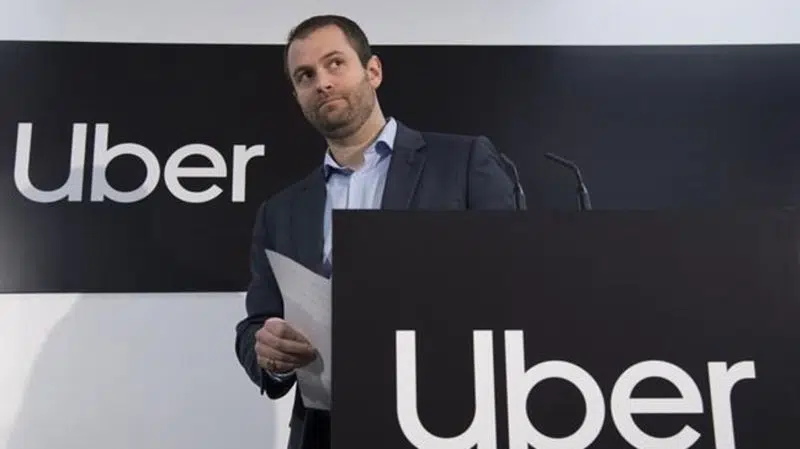
Mayor to ‘move on’ after Uber wins injunction against fines in Surrey, B.C.
VANCOUVER — The mayor of the Metro Vancouver city of Surrey has stood down in his fight against ride-hailing, saying it’s “time to move on” after a judge ordered the city to stop ticketing Uber drivers.
Mayor Doug McCallum has resisted ride-hailing because he says the companies hold unfair advantages over the taxi industry, and the city began handing $500 tickets to Uber drivers shortly after the service started.
Surrey alleged drivers were operating without a business licence, but Uber filed for an injunction in court where it argued drivers held provincial permits and the city had not created a licensing regime.
British Columbia Supreme Court Justice Veronica Jackson ruled in favour of Uber on Friday.


